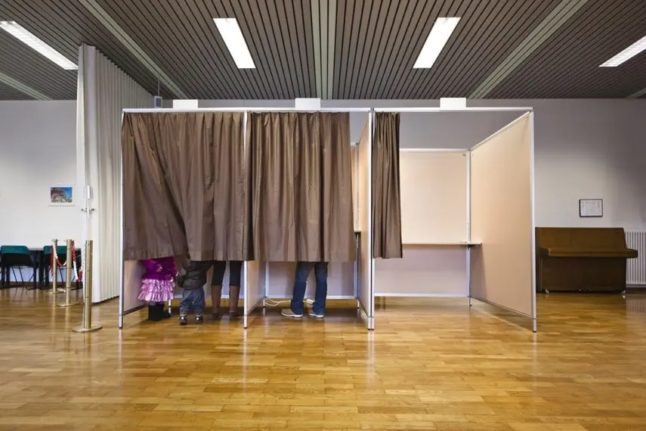The backing for the initiative was far more uniform in the second referendum on hiking the tax rate for large businesses, with 78.5 percent of voters and all cantons in favour of the move.
Finance Minister Karin Keller-Sutter hailed the “very strong acceptance rate” for the plan to amend the constitution so Switzerland can join the international agreement, led by the Organisation for Economic Cooperation and Development (OECD), which calls for a global minimum 15 percent tax rate on multinationals.
If Switzerland had not joined in, she pointed out, it risked missing out on significant revenues, as other countries could slap the obligatory additional taxes on large corporations based on its soil.
Until now, many cantons have imposed some of the lowest corporate tax rates in the world, in what they often said was needed to attract businesses in the face of high wages and location costs.
The Swiss government will begin imposing the new tax next year, estimating that additional revenues could amount to between 1.0 and 2.5 billion Swiss francs in the first year alone.
Covid-19 Act
Nearly 62 percent of voters also approved, in the same referendum, the extension of some provisions of the Covid-19 legislation.
Even though the last health measures were lifted more than a year ago, voters will have to decide again on various federal provisions — especially pertaining to border measures in the event of a pandemic, the protection of vulnerable people, and the promotion and development of treatments for the coronavirus.
According to the government, “it is hard to say with any certainty how [the disease] will develop. The possibility that dangerous variants of the virus will emerge again cannot be ruled out.”
Climate law
Almost 59 percent of voters also supported the implementation of a new legislation, which will require Switzerland to slash its dependence on imported oil and gas, scaling up the development and use of greener and more homegrown alternatives.
READ ALSO: Swiss get behind net-zero climate law



 Please whitelist us to continue reading.
Please whitelist us to continue reading.
Member comments